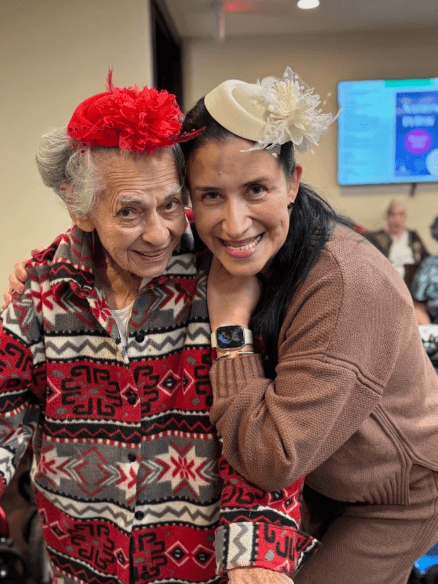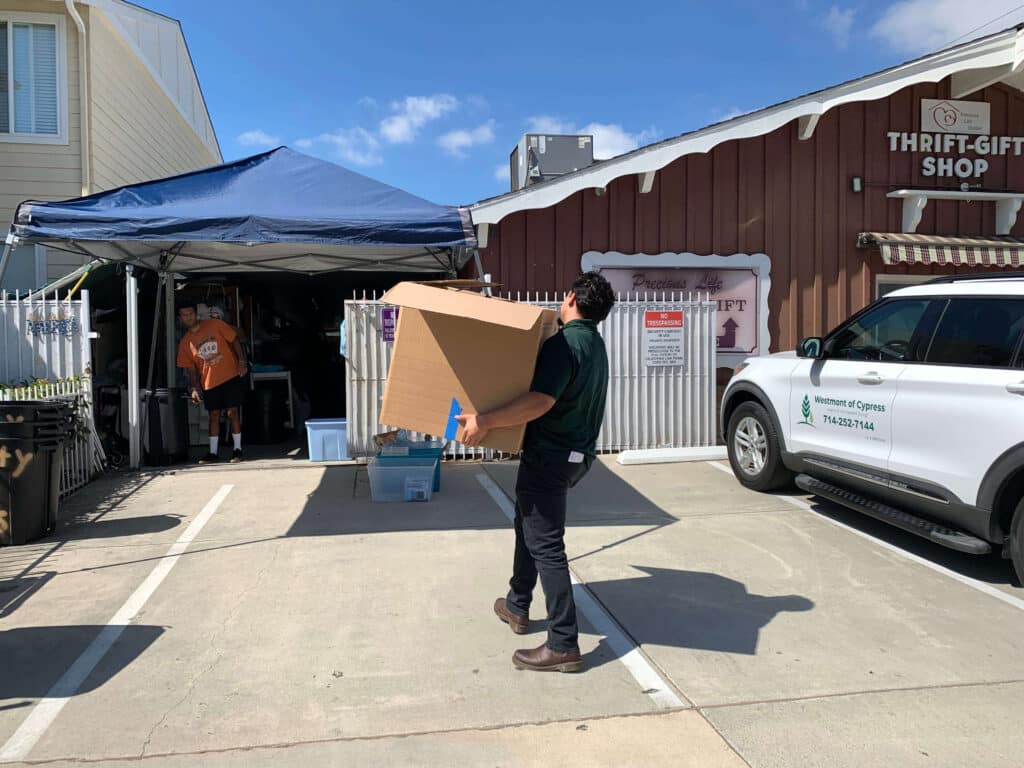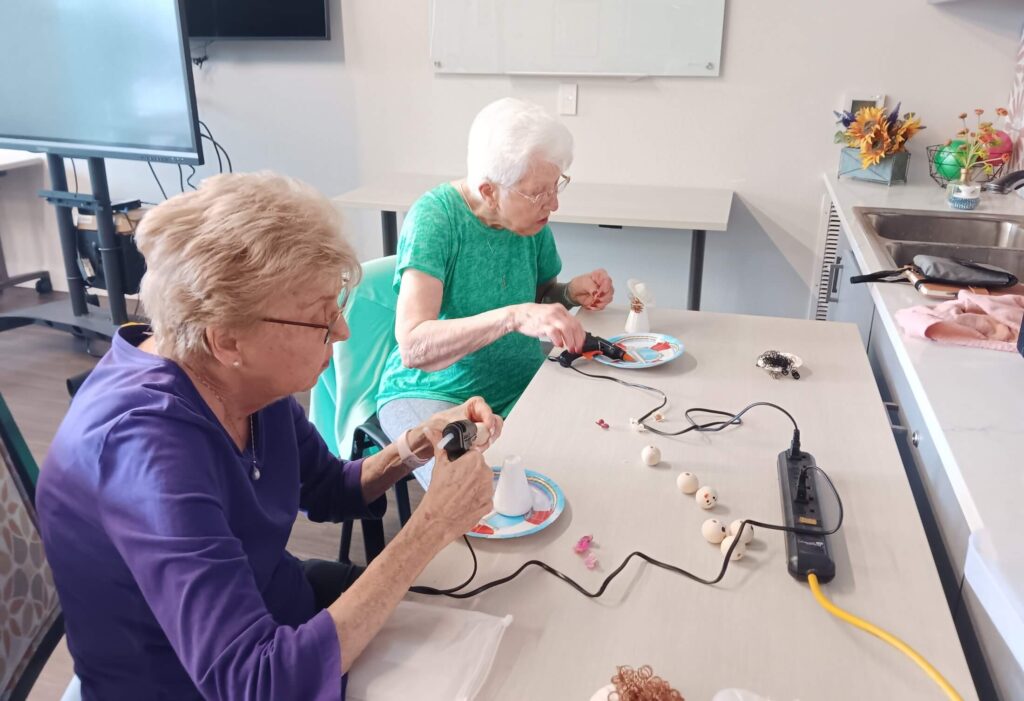Gut Healthy Meals for Seniors That Support Digestion
Eating well doesn’t have to be complicated—especially when it comes to digestion. At Westmont of Riverside, we believe food should feel good, taste great, and help your body work its best. That’s why we focus on gut-healthy meals (for seniors) that are easy to enjoy and gentle on digestion. With the right ingredients and simple preparation, everyday meals can support comfort, energy, and overall wellness.
As we age, digestion can slow down, making it even more important to choose foods that nourish the gut. By adding fiber-rich ingredients, probiotics, and hydration-friendly meals, seniors can enjoy better digestion without giving up flavor. Let’s explore how thoughtful nutrition can make a big difference—one meal at a time.
Importance of Gut Health in Seniors
As we get older, gut health plays a bigger role in how we feel each day. A healthy digestive system supports immunity, improves nutrient absorption, and can even help with mood and mental clarity. Choosing gut-healthy meals (for seniors) helps reduce common digestive issues like bloating, constipation, and discomfort.
Research shows that proper nutrition can also help with longevity and overall wellness. A balanced diet has been linked to reducing chronic disease risk, making gut health an important part of aging well. Foods rich in probiotics—such as yogurt, kefir, and fermented vegetables—help maintain a balanced gut microbiome. Pairing those with fiber-rich whole grains, fruits, and vegetables supports regular digestion and keeps the system running smoothly.
By prioritizing digestion-friendly foods, seniors not only support their own health but also inspire others in their community to make healthier choices.
Easy-to-Make Gut-Friendly Recipes
Simple meals can still pack a powerful digestive punch. Simple gut-healthy meals are often the most effective because they rely on whole, nourishing ingredients without unnecessary additives. These options are easy to prepare and enjoyable for seniors:
- Digestive Smoothies: Yogurt, banana, berries, and spinach blended together
- Overnight Oats: Oats soaked with almond milk, chia seeds, and fruit
- Quinoa Salad: Quinoa mixed with cucumbers, tomatoes, and olive oil
- Steamed Vegetables: Broccoli, carrots, or zucchini lightly seasoned
- Homemade Bone Broth: A warm, soothing option that supports digestion
These simple dinner recipes for gut health are ideal for seniors who prefer lighter meals in the evening. For those experiencing reduced appetite, incorporating easy, nutritious meal ideas can encourage better eating habits without overwhelming portions.
Nutrient-Rich Ingredients for Better Digestion
The ingredients you choose matter just as much as the recipe itself. Nutrient-dense foods help digestion and provide energy throughout the day. Fermented foods like yogurt, kimchi, and sauerkraut are excellent sources of probiotics that support gut balance.
Fiber is another key player. Whole grains, legumes, fruits, and vegetables act as prebiotics, feeding the healthy bacteria in your gut. When combined with gut-healthy meals for weight loss, these ingredients can help seniors maintain a healthy weight while still feeling full and satisfied.
At Westmont of Riverside, personalized dining options align with balanced nutrition plans for seniors, ensuring each resident’s dietary needs are met with care and attention.

Seasonal Meals for Digestive Wellness
Seasonal eating adds comfort and variety while supporting digestion. Warmer meals during cooler months help soothe the digestive system and provide essential nutrients. Try incorporating digestive spices like ginger, turmeric, and cinnamon into seasonal dishes such as:
- Root Vegetable Stew with garlic and ginger
- Butternut Squash Soup, lightly spiced with cinnamon
- Roasted Brussels Sprouts with turmeric and olive oil
- Warm Quinoa Bowls with seasonal greens
- Apple Crisp made with oats instead of refined flour
These simple gut-healthy meals are comforting, flavorful, and easy on digestion. Pairing meals with proper hydration is just as important, primarily since fluid intake supports digestion and overall health. Seniors benefit greatly from maintaining hydration alongside meals, which also helps prevent malnutrition, as discussed in this helpful guide.
Foods to Limit for a Healthier Gut
While focusing on nourishing foods, it’s also important to be aware of the worst foods for gut health. Highly processed snacks, sugary desserts, fried foods, and excessive artificial sweeteners can disrupt gut bacteria and slow digestion.
Limiting the worst foods for gut health doesn’t mean giving up enjoyment—it means making smarter swaps. Choosing whole foods over processed options supports digestion and complements gut-healthy meals for weight loss. Reducing these foods can also help manage inflammation and support long-term digestive comfort.
Tips for Incorporating Gut Health Into Daily Meals
Small changes can lead to big improvements. Adding one or two gut-friendly foods per meal is a great place to start. Incorporate fermented foods a few times a week, increase fiber gradually, and stay well-hydrated.
Swapping sugary snacks for nuts, seeds, or fruit supports digestion and energy levels. These habits make it easier to maintain simple dinner recipes for gut health without feeling restricted. Nutrition-focused programs also play an essential role in promoting senior health and wellness, especially when meals are tailored to individual needs.
For additional guidance, trusted sources such as the Harvard T.H. Chan School of Public Health and the National Institute on Aging offer valuable insights into digestive health and aging.
Ready to Feel Better With Every Bite? Call Us Today
Healthy digestion starts with the right support—and the right community. At Westmont of Riverside, our dining programs are thoughtfully designed to provide gut-healthy meals (for seniors) that promote comfort, nutrition, and enjoyment every day. From simple gut-healthy meals to flavorful seasonal dishes, we make it easy to eat well and feel great.
If you or a loved one is ready to experience senior living that prioritizes wellness from the inside out, call us today at 951-697-2100 or schedule a tour. We’d love to show you how good senior living—and good digestion—can feel at Westmont of Riverside.
Frequently Asked Questions
What Is the Best Meal for Gut Health?
The best meal for gut health combines fiber, lean protein, and probiotic-rich foods. Meals with whole grains, vegetables, and fermented foods help support digestion and feed beneficial gut bacteria. Adding foods like yogurt, kefir, or sauerkraut can improve microbial balance. Healthy fats from olive oil or avocado also help reduce inflammation and support overall digestive health.
What Is the 7 Day Gut Reset?
A 7-day gut reset is a short-term plan designed to improve digestion and restore gut balance. It typically focuses on whole, unprocessed foods while avoiding sugar, refined carbs, and highly processed meals. Fiber-rich vegetables, lean proteins, and fermented foods are emphasized throughout the week. The goal is to reduce inflammation, improve regularity, and support healthy gut bacteria.
Is Yakult Good for Gut Health?
Yakult can be good for gut health because it contains beneficial probiotic bacteria. These probiotics help support digestion and may improve bowel regularity. Drinking Yakult regularly can contribute to a healthier balance of gut bacteria. However, it should be consumed in moderation due to its sugar content.
What Are the Super Six Gut Foods?
The super six gut foods typically include yogurt, kefir, oats, bananas, leafy greens, and fermented vegetables. These foods provide a combination of probiotics, prebiotics, and fiber that support digestive health. They help nourish beneficial bacteria and improve gut balance. Including these foods regularly can promote better digestion and overall wellness.






















